
Now 50% Off for a Limited Time
50% Off – Sale Ends Tomorrow
50% Off – Sale Ends Tonight
Why You Need Specialized Tools to Treat the Freeze Response . . .


For many patients, the freeze response can feel terrifying.
When it takes over, patients often experience paralyzing waves of dread that can leave them unable to move or speak.
Not only that, but freeze shuts down parts of the brain, making it difficult to process much of what’s happening and depressing the ability to take action.
And then there’s the aftermath – once patients come out of it, they’re often left grappling with deep feelings of shame and self-blame for freezing in the first place.
All of this can make the freeze response challenging to work with – but until we help clients regulate their freeze response, treatment often can’t progress.
That’s why we need specialized tools to help us intervene . . .
— New Short Course —
Strategies to Treat Patients Trapped in the Freeze Response

The Neurobiology of the Freeze Response (and How It Can Impact Your Approach)
Bessel van der Kolk, MD Stephen Porges, PhD Pat Ogden, PhD
Ruth Lanius, MD, PhD Thema Bryant, PhD Bethany Brand, PhD
Deb Dana, LCSW
- How the Freeze Response Takes the Brain Offline
- Two Distinct Types of Freeze Responses
- What Happens in the Body During the Freeze Response
- How to Work with Freeze at the Level of the Nervous System

How to Bring a Patient Out of the Freeze Response During a Session
Janina Fisher, PhD Kathy Steele, MN, CS Bethany Brand, PhD
- How to Recognize When Your Patient Is Going into Freeze
- Why Verbal Communication May Not Work with a Patient in Freeze (and What to Do Instead)
- Practical Strategies to Ground Patients in the Present
- Three Essential Skills for Working with a Patient in Freeze

Strategies to Help Patients Regulate Their Freeze Response
Ruth Lanius, MD, PhD Thema Bryant, PhD
Pat Ogden, PhD Deb Dana, LCSW
- How to Help Your Patient Identify What Activates Their Freeze Response
- A Four-Step Process to Help Patients Regulate Their Freeze Response
- How to Work with Freeze When a Patient Can’t Access Their Traumatic Memory
- A Biofeedback Strategy That Can Help Patients Feel in Control of Their Freeze Response

Key Missteps to Avoid When Working with a Patient Who Is Frozen
Janina Fisher, PhD Ruth Lanius, MD, PhD Pat Ogden, PhD
- Interventions That are Contraindicated For a Patient Who Goes into Freeze
- The Importance of Pacing When Working with Freeze (and How to Avoid Moving Too Quickly)
- A Common Misconception Many Patients Have About the Freeze Response (and How to Avoid Reinforcing It)
- Why Permission Is a Critical Component of Working with the Freeze Response

Critical Insights into Working with the Freeze Response
Ruth Lanius, MD, PhD Ron Siegel, PsyD Ruth Buczynski, PhD
- How to Reduce Feelings of Shame Around a Patient’s Freeze Response
- The Importance of Titrating Practices to Avoid Activating a Patient’s Freeze Response
- Why Deep Pressure Can Be Effective When Working with Freeze
- The Role of Mindfulness in Helping Patients Regulate Their Freeze Response

Practical Strategies to Treat Patients Trapped in the Freeze Response
Usha Tummala-Narra, PhD Kelly Wilson, PhD Megan Schmidt, PsyD
- How to Help Clients Communicate Their Internal Experience of the Freeze Response
- Internal Cues That Can Help You Track and Treat Your Patient’s Freeze Response
- How to Stay Regulated and Effective When a Patient Slips into Freeze
- Specific Psychoeducation to Help Clients Better Understand the Freeze Response
Register Here for $197 $97
You’ll get all the videos, audios, transcripts, learning tools, plus 3 bonuses
to help you work more effectively with your client’s freeze response
Up to 3 CE/CME Credits or Clock Hours are available for purchase at checkout.
Click HERE to get information about CE/CME credits and clock hours as well as speaker disclosures
For This Short Course, We Brought Together Some of the Top Experts in the Field

Bessel van der Kolk, MD
Neuroscientist and Professor of Psychiatry at Boston University Medical School. Author of The Body Keeps the Score: Brain, Mind, and Body in the Healing of Trauma.

Stephen Porges, PhD
Developer of Polyvagal Theory; Distinguished University Scientist at the Kinsey Institute at Indiana University Bloomington and Research Professor in the Department of Psychiatry at University of North Carolina Chapel Hill.

Ruth Lanius, MD, PhD
Professor of Psychiatry and Director of the Post-traumatic Stress Disorder (PTSD) research unit at the University of Western Ontario. Coauthor of The Impact of Early Life Trauma on Health and Disease: The Hidden Epidemic, and Healing the Traumatized Self: Consciousness, Neuroscience, Treatment.

Janina Fisher, PhD
Licensed clinical psychologist and former instructor, Harvard Medical School; Advisory Board member of the Trauma Research Foundation

Thema Bryant, PhD
Licensed psychologist specializing in relief and empowerment of marginalized persons; Professor of Psychology in the Graduate School of Education at Pepperdine University; author of Thriving in the Wake of Trauma: A Multicultural Guide.

Pat Ogden, PhD
Pioneer in Somatic Psychology; Founder and Director of Sensorimotor Psychotherapy Institute (SPI); Co-founder of the Hakomi Institute; Author of Sensorimotor Psychotherapy: Interventions for Trauma and Attachment.

Bethany Brand, PhD
Clinical psychologist and professor of psychology at Towson University; expert in the assessment and treatment of post-traumatic stress disorder, dissociative disorders and feigned dissociative disorders.

Deb Dana, LCSW
Coordinator of the Traumatic Stress Research Consortium at the Kinsey Institute; Developer of the Rhythm of Regulation Clinical Training Series; author of Polyvagal Theory in Therapy.

Kathy Steele, MN, CS
Psychotherapist, consultant and trainer; expert on complex trauma, dissociation, attachment and therapeutic impasse; past president of the International Society for Traumatic Stress Studies; co-author of Treating Trauma-Related Dissociation: A Practical, Integrative Approach.

Usha Tummala-Narra, PhD
Professor of Counseling, Developmental, and Educational Psychology at Boston College; Author of Psychoanalytic Theory and Cultural Competence in Psychotherapy; Co-author of Applying Multiculturalism: An Ecological Approach to the Multicultural Guidelines.

Kelly Wilson, PhD
Co-author of Acceptance and Commitment Therapy: An Experiential Approach to Behavior Change; Founder of OneLife Education Training, LLC.
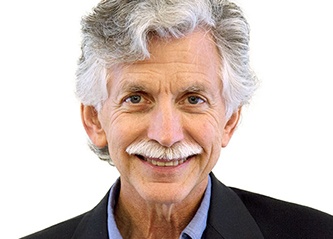
Ron Siegel, PsyD
Assistant Professor of Psychology, part time, Harvard Medical School; Author of The Mindfulness Solution: Everyday Practices for Everyday Problems and Sitting Together: Essential Skills for Mindfulness-Based Psychotherapy.
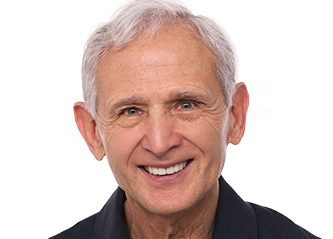
Peter Levine, PhD
Founder of Somatic Experiencing; Author of Trauma and Memory: Brain and Body in a Search for the Living Past: A Practical Guide for Understanding and Working with Traumatic Memory.
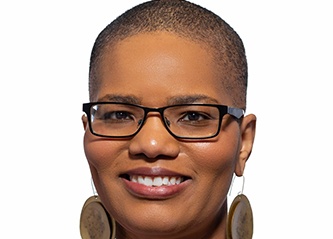
Eboni Webb, PsyD
Licensed psychologist; specializes in DBT for trauma-based disorders and co-occurring disorders; advisor to the DBT National Certification Accreditation Association.
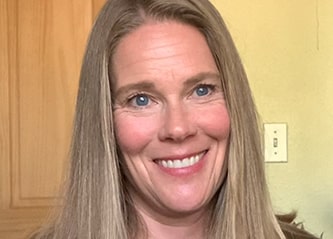
Megan Schmidt, PsyD
Licensed Clinical Psychologist in private practice; currently assisting the Sensorimotor Psychotherapy Institute’s Level 1 Affect Dysregulation, Survival Defenses and Traumatic Memory course.
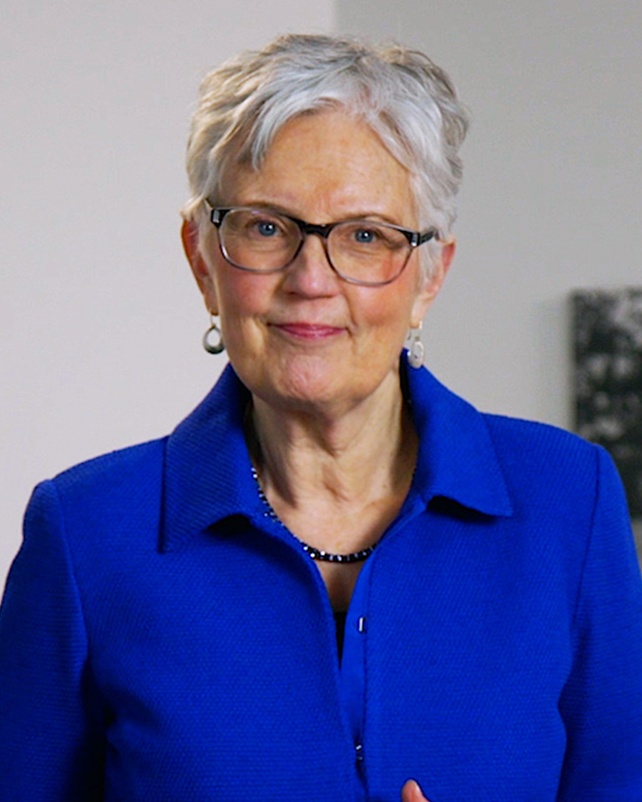
Course Director
Ruth Buczynski, PhD
Here's What You'll Get:
Everything is yours to keep forever in your professional library
|
|
Downloadable videos so you can watch at your convenience, on any device |
|
|
Audio recordings you can download and listen to at home, in the car, at the gym or wherever you like |
|
|
TalkBack Segments to distill key ideas (this is where we “land” the session) |
|
|
Next Week in Your Practice sessions to give you concrete strategies to use with patients |
|
|
Professionally-formatted transcripts of the sessions, to make review and action simple |
|
|
Three downloadable bonus videos to help you work more effectively with your client’s freeze response |
You’ll Also Get 3 Bonus Sessions with Even More Strategies to Help Your Clients Regulate Their Freeze Response

Bonus 1: How to Work with the Body to Treat Your Patient’s Freeze Response
Peter Levine, PhD Janina Fisher, PhD Pat Ogden, PhD
- How to Prevent Feelings of Overwhelm When a Client Is Emerging from Freeze
- Specific Language to Reframe How Clients Think About the Freeze Response
- What a Client’s Subtle Body Movement Can Reveal About Their Freeze Response

Bonus 2: Working with the Freeze Response of a Sexual Assault Survivor – a Case Study
Eboni Webb, PsyD
- Why Proximity Is Key When Working with Sexual Assault Survivors (and One Exercise to Skillfully Negotiate Proximity with Your Client)
- A Sensorimotor Technique to Help Bring Clients Out of Freeze

Bonus 3: The Freeze Response and Complex Trauma – a Case Study
Ron Siegel, PsyD
- Specific Psychoeducation That Helped One Client Better Understand Her Freeze Response and Other Physiological Responses to Past Trauma
- Strategies to Help a Client Who’s Experienced Complex Trauma Feel Safe in the Therapeutic Relationship
Register Here for $197 $97
You’ll get all the videos, audios, transcripts, learning tools, plus 3 bonuses
to help you work more effectively with your client’s freeze response
Up to 3 CE/CME Credits or Clock Hours are available for purchase at checkout.
Click HERE to get information about CE/CME credits and clock hours as well as speaker disclosures
Plus, You’ll Get Practical Tools to Help You Take Action Immediately and Effectively
Synthesize Key Concepts So You Can Use Them Immediately
In the Critical Insights sessions, Ron Siegel, PsyD and Ruth Lanius, MD, PhD join Ruth Buczynski, PhD to dig more deeply into the key ideas. Our job is to make yours easier by streamlining the information from each module and making sure each point is crystal clear. We’ll clarify critical concepts and break it all down so you can gain confidence in your understanding.

Discover Concrete Practices That Will Work in Your Life, and with Your Patients
In the Focus on Application sessions, Usha Tummala-Narra, PhD, Kelly Wilson, PhD and Megan Schmidt, PsyD give you specific practices and exercises you can use with your clients right away. For each module, you’ll get solid techniques and practical interventions that will help you apply what you’ve just heard.

Uncover Core Ideas and Techniques at-a-Glance So You Have a “Cheat Sheet” When You Need It Most
The QuickStart Guide will help you stay fresh and confident as you turn these teachings into action. We’ve gathered all the essential tools and methods from the program into a concise, easy-to-use guide so you can quickly review and apply these ideas when you need them most. It’s an at-a-glance reference to the most powerful concepts and strategies for working with patients who have experienced trauma.
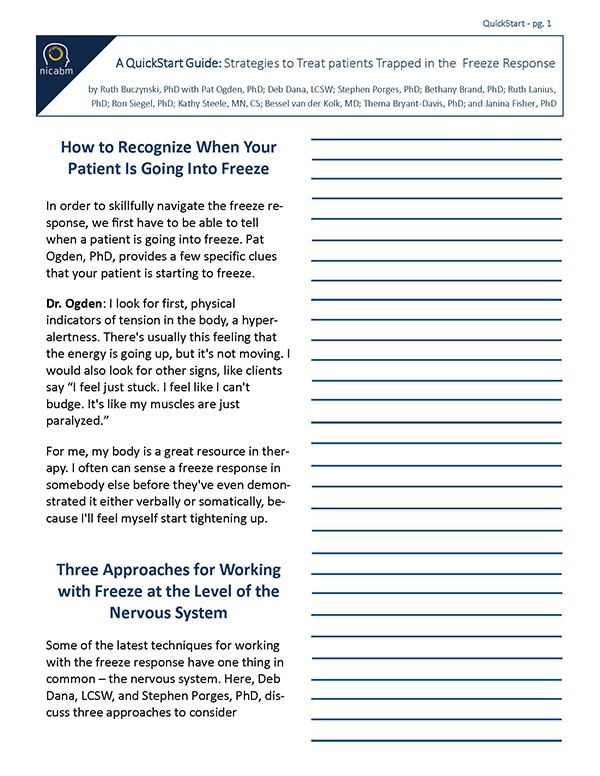
Quickly Recall Crucial Details So You Can Apply Them with Confidence
Our Professional Transcript will help you reinforce key ideas so you can integrate them into your life and work. We’ve designed your transcript with an easy-to-use table of contents, clear, organized formatting, and helpful highlight quotes so you’ll have the information and exercises you need at your fingertips.
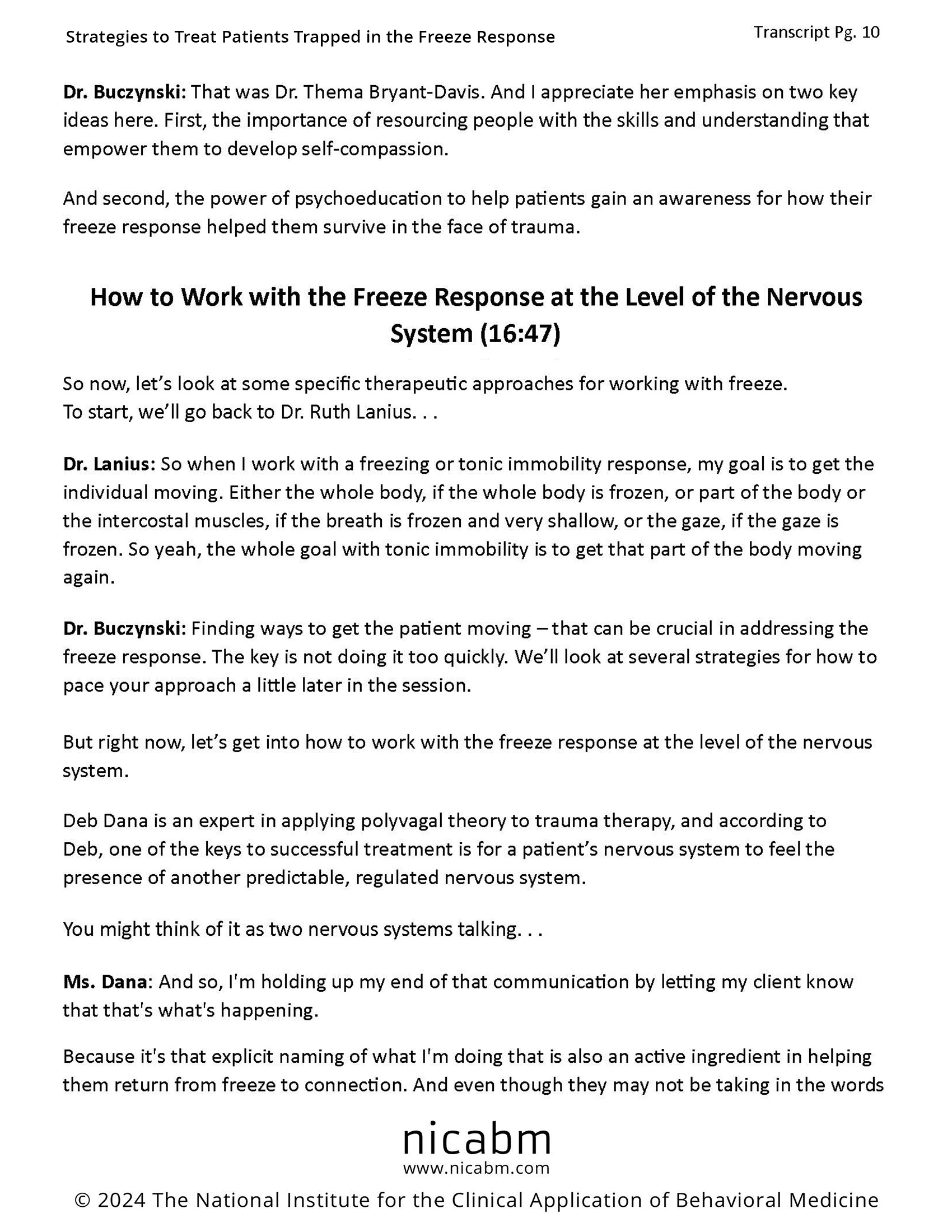
Here's What Your Peers Have Experienced In NICABM Programs

. . . the content is clear, simple and the very latest insights from the most outstanding people in the field of trauma.
“These presentations are fascinating and easy to watch as the technical presentation is very good, and the content is clear, simple and the very latest insights from the most outstanding people in the field of trauma. You would need to read a lot of books to end up with as much good quality information as you get from watching this program.”
Liz Kirsopp, Psychotherapist
Northumberland, UK
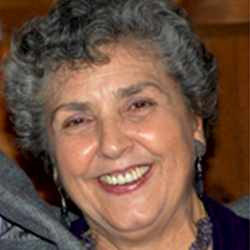
This program exceeded all my expectations . . .
“I am always open to learning, and this program exceeded all my expectations. Even though I am very familiar with many of the presenters, to see them in action is inspirational. As a seasoned Art Therapist and supervisor, I am always looking for innovative ways of looking at the clients and treating their issues. I already used the knowledge I gained with clients, and especially in supervision. Having purchased the Gold Package, it is like always having a personal supervisor at my beck and call.”
Hannah Sherebrin, Art Therapist
London, Ontario, Canada

I am more confident in handling my challenging client . . .
“After this program I feel that I am more confident in handling my challenging clients. I have gained some new tools to add to my toolbox. I cannot recommend this program enough.”
Katie Stark, MA, LPC, NCC
Waterford, Michigan, USA

. . . evidenced based course to get a "helicopter" overview on trauma treatment . . .
“These NICABM 5 modules on trauma management is an excellent value for money evidenced based course to get a “helicopter” overview on trauma treatment from the professional experts.”
Su Keng Gan, Clinical Counsellor/Psychotherapist
Singapore, Singapore
Why the Transcript Is Essential:
- The transcript makes it easy to go back and double check concepts, citations and names that are mentioned
- We put in a table of contents to make it easy for you to find the exact part of the webinar you need
- Having the concepts already written allows you to take notes on how you’re going to use the ideas rather than transcribing the ideas
- Some people simply learn better by reading than by listening or watching
- You will be able to print out and share techniques presented in the session with your patients

“I really liked being able to follow along with the transcripts as I listened…it was nice not to feel like I had to take notes. I really feel like I remember more when I both hear and see at the same time.”
Mary Ellen McNaughton, Masters in Counseling, Psychology Counselor
Kelowna, British Colombia, Canada
You Are Protected By
NICABM’s Money-Back Guarantee
We invite you to register for this training program without any risk. Unless you are completely satisfied, we will refund your money. Just let us know within 30 days from the date of registration. We are that confident that you will find this information to be more than you expected.
Register Here for $197 $97
You’ll get all the videos, audios, transcripts, learning tools, plus 3 bonuses
to help you work more effectively with your client’s freeze response
Up to 3 CE/CME Credits or Clock Hours are available for purchase at checkout.
Click HERE to get information about CE/CME credits and clock hours as well as speaker disclosures
